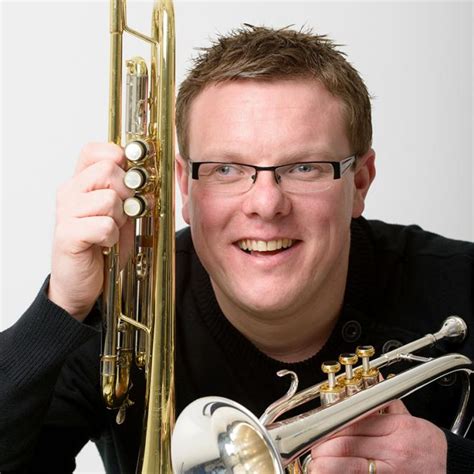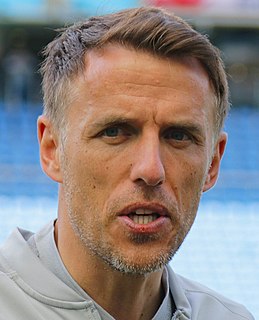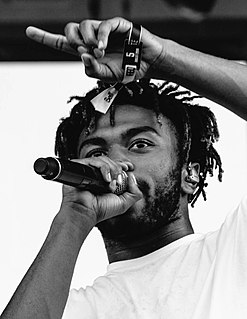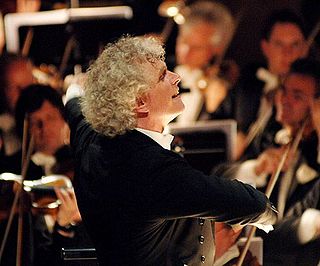A Quote by Richard Marshall
I wanted to see what it means to think about taking responsibility for one's own desires and choosing to foreground desire as an ethical principle. I also wanted to find ways of asking what the limits of agency are for subjectivities that are not unmarked or hegemonic.
Related Quotes
I wanted a metamorphosis, a change to fish, to leviathan, to destroyer. I wanted the earth to open up, to swallow everything in one engulfing yawn. I wanted to see the city buried fathoms deep in the bosom of the sea. I wanted to sit in a cave and read by candlelight. I wanted that eye extinguished so that I might have a chance to know my own body, my own desires. I wanted to be alone for a thousand years in order to reflect on what I had seen and heard - and in order to forget.
Buddha says this is how one should be - no desire, because all desires are futile. They are about the future; life is in the present. All desires distract you from the present, all desires distract you from life, all desires are destructive of life, all desires are postponements of life. Life is now and the desire takes you away, farther and farther away from now. And when we see that our life is misery we go on throwing the responsibility on others, and nobody is responsible except us.
It was time to expect more of myself. Yet as I thought about happiness, I kept running up against paradoxes. I wanted to change myself but accept myself. I wanted to take myself less seriously -- and also more seriously. I wanted to use my time well, but I also wanted to wander, to play, to read at whim. I wanted to think about myself so I could forget myself. I was always on the edge of agitation; I wanted to let go of envy and anxiety about the future, yet keep my energy and ambition.
The inward persuasion that we are free to do, or not to do a thing, is but a mere illusion. If we trace the true principle of our actions, we shall find, that they are always necessary consequences of our volitions and desires, which are never in our power. You think yourself free, because you do what you will; but are you free to will, or not to will; to desire, or not to desire? Are not your volitions and desires necessarily excited by objects or qualities totally independent of you?
I didn't want to be driving to work everyday and sending out my Starbucks order. I didn't want to be in New York or L.A. I wanted to have space and I wanted to be in a remote place where all of us could just be ourselves and not worry about anyone trying to listen in or get in on that. I wanted to just be comfortable. I feel like being in a big city - as much as I find New York, in particular, very inspiring in a lot of ways - can also be claustrophobic.
Love is the wanting, and the having, and the choosing, and the becoming. Love is the desire to see the person we love be and become all he or she is capable of being and becoming. Love is a willingness to lay down our own personal plans, desires, and agenda for the good of the relationship. Love is delayed gratification, pleasure, and pain. Love is being able to live and thrive apart, but choosing to be together.
What I wanted was to die among strangers, untroubled, beneath a cloudless sky. And yet my desire differed from the sentiments of that ancient Greek who wanted to die under the brilliant sun. What I wanted was some natural, spontaneous suicide. I wanted a death like that of a fox, not yet well versed in cunning, that walks carelessly along a mountain path and is shot by a hunter because of its own stupidity.
































